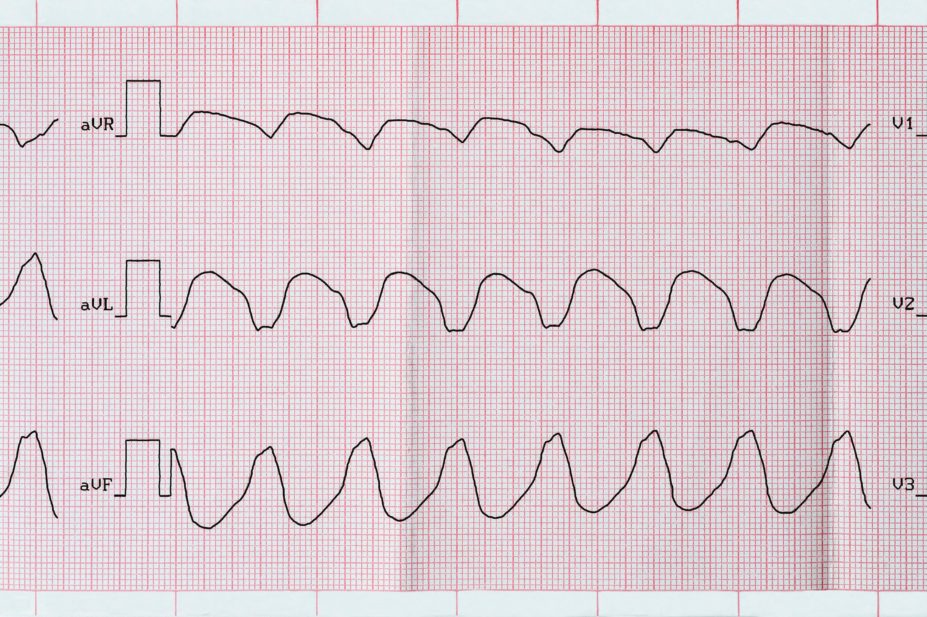
Shutterstock.com
Depression increases the risk of cardiovascular events such as heart attack or arrhythmia, but it is not clear whether different classes of antidepressants increase or reduce this risk.
In a study published in the BMJ (online, 22 March 2016)[1]
, researchers used UK general practice data to conduct a cohort study of 238,963 patients aged 20–64 years who were diagnosed with depression between 2000 and 2011.
Over five years of follow-up, the team found no association between any class of antidepressant and an increased risk of arrhythmia, myocardial infarction or stroke. However, there was some indication that selective serotonin reuptake inhibitors (SSRIs), particularly fluoxetine, are associated with a reduced risk of myocardial infarction.
The researchers say that these findings require further research but should be reassuring following recent concerns over the safety of SSRIs.
References
[1] Coupland C, Hill T, Morriss R et al. Antidepressant use and risk of cardiovascular outcomes in people aged 20 to 64: cohort study using primary care database. BMJ 2016;352:i350. doi: 10.1136/bmj.i1350


